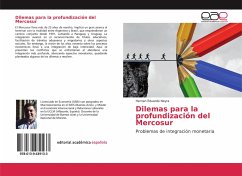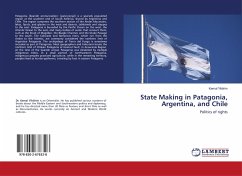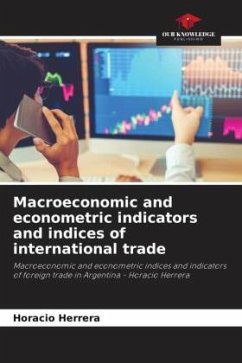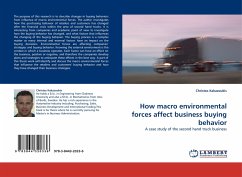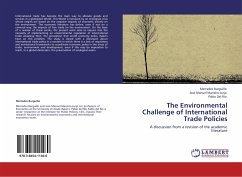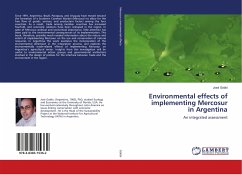
Environmental effects of implementing Mercosur in Argentina
An integrated assessment
Versandkostenfrei!
Versandfertig in 6-10 Tagen
38,99 €
inkl. MwSt.

PAYBACK Punkte
19 °P sammeln!
Since 1991, Argentina, Brazil, Paraguay, and Uruguay have moved toward the formation of a Southern Common Market (Mercosur) to allow for the free flow of goods, services, and production factors among the four countries. As a result, trade among member countries has increased fourfold, and economic relations have been reshaped in the region. In spite of Mercosur political and economical importance, little attention has been paid to the environmental consequences of its implementation. This book, therefore, provides much needed information about the nature and extent of implementing Mercosur on ...
Since 1991, Argentina, Brazil, Paraguay, and Uruguay have moved toward the formation of a Southern Common Market (Mercosur) to allow for the free flow of goods, services, and production factors among the four countries. As a result, trade among member countries has increased fourfold, and economic relations have been reshaped in the region. In spite of Mercosur political and economical importance, little attention has been paid to the environmental consequences of its implementation. This book, therefore, provides much needed information about the nature and extent of implementing Mercosur on the use and conservation of natural resources in Argentina. The work examines the incorporation of the environmental dimension in the integration process, and explores the environmentally trade-related effects of implementing Mercosur on Argentina's agricultural sector. Insights from this investigation will be useful to environmental action groups and governmental institutions involved in the design of policies for the interface between trade and the environment in the region.



